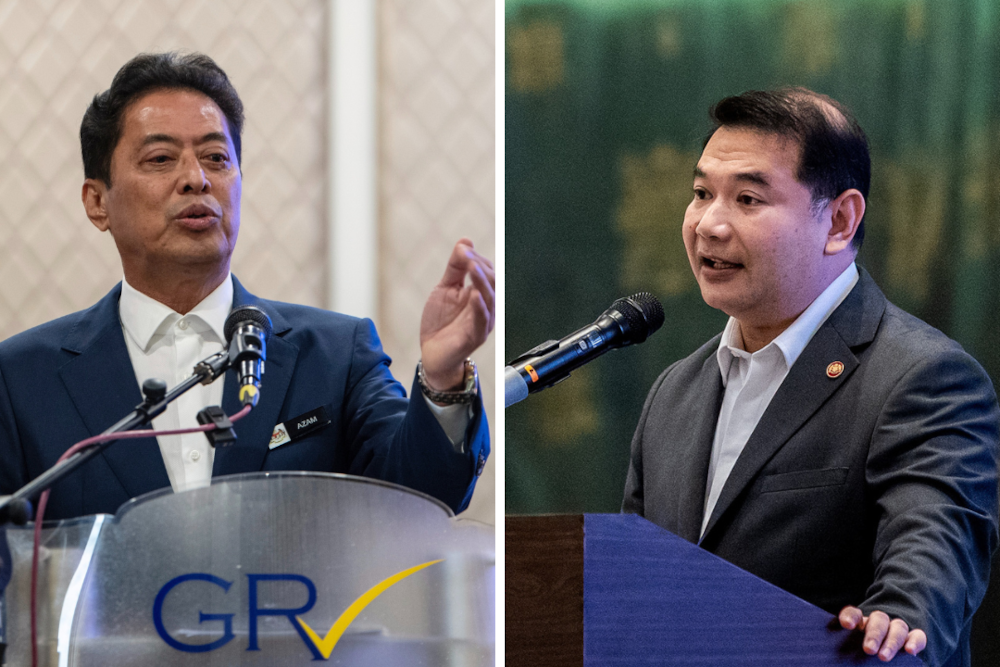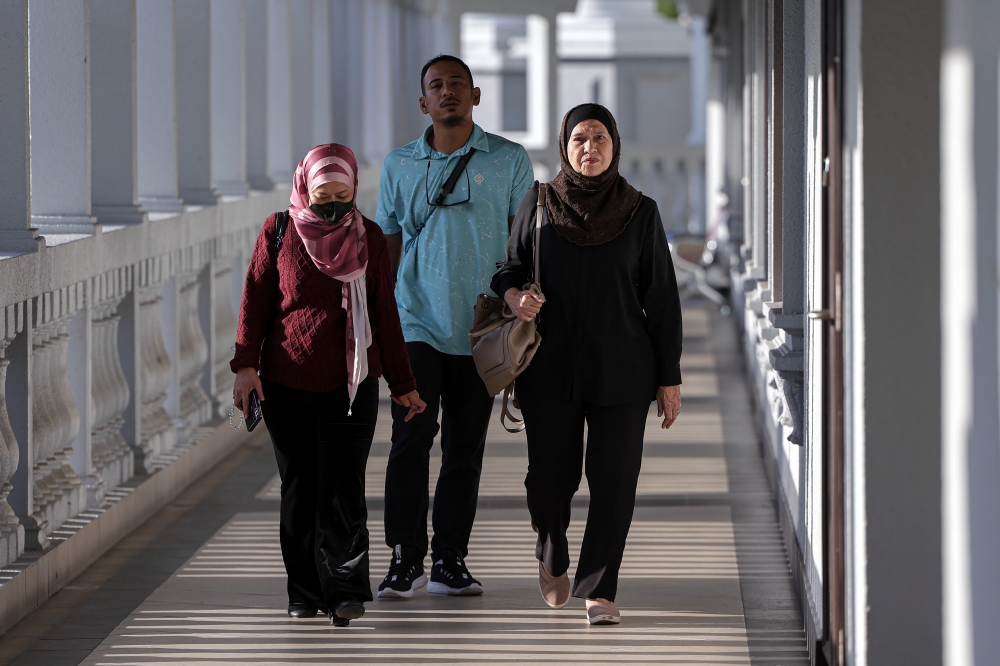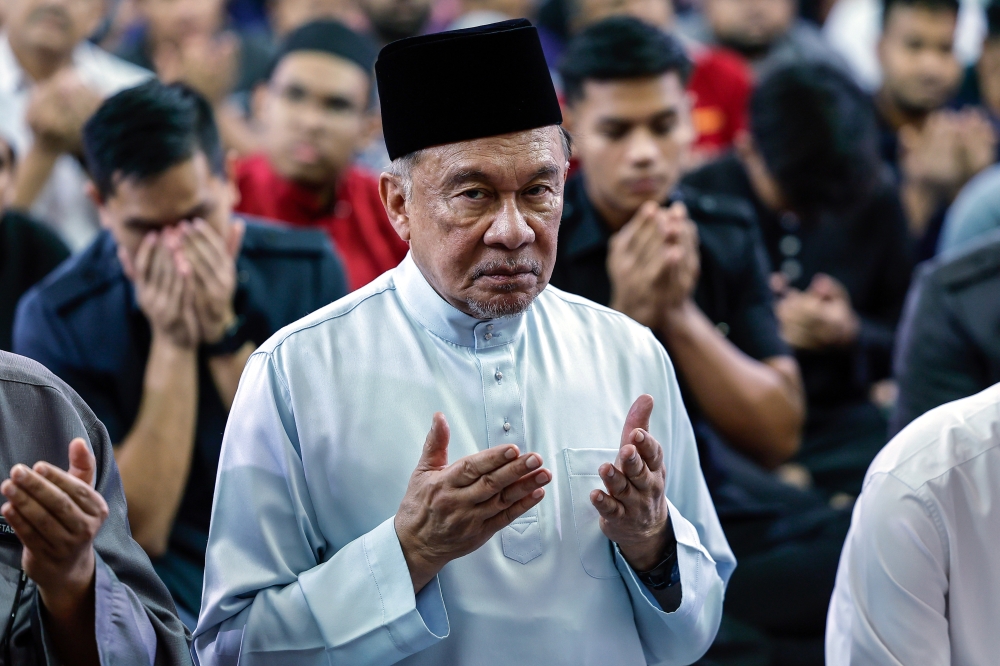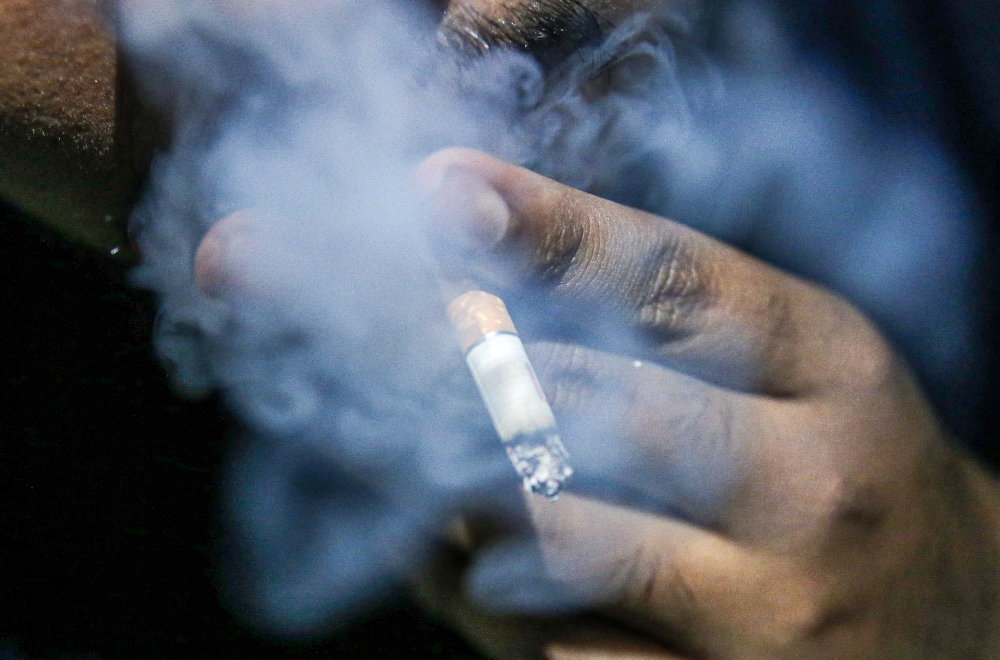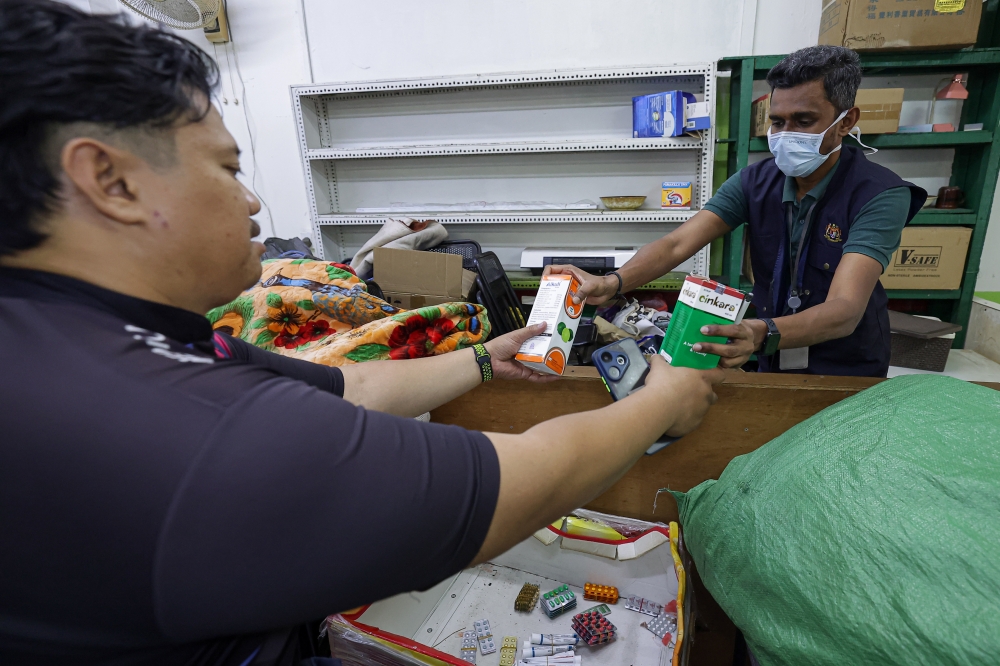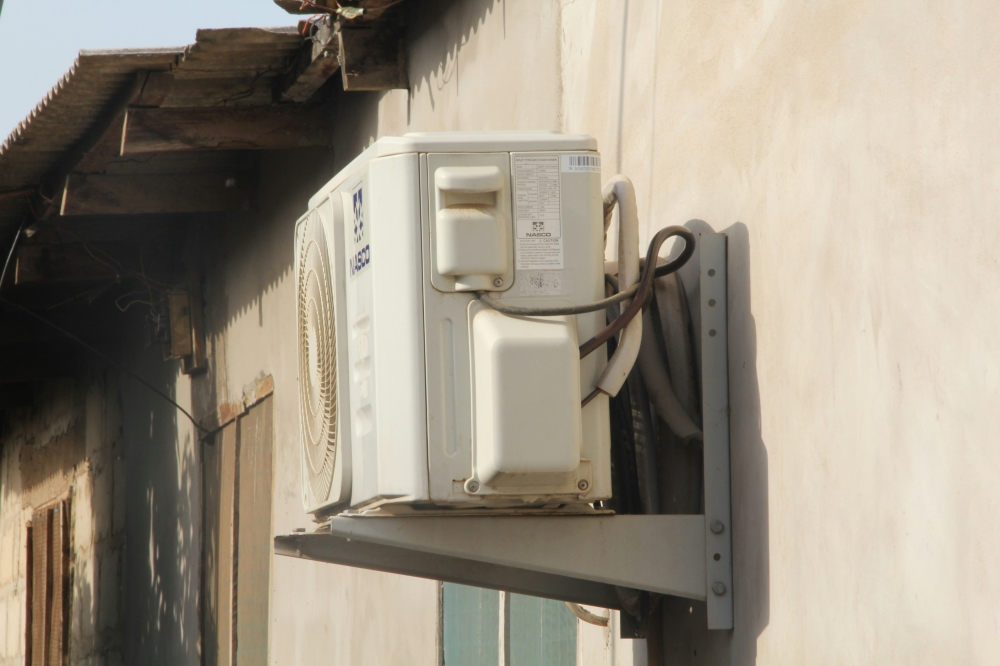KUALA LUMPUR, Feb 14 ― Malaysia’s success in preventing the spread of Christianisation, queer activities, apostasy, and deviant teachings are among some of the measures used to determine the country’s adherence to Shariah requirements, according to a survey distributed to the public.
The confidential survey, which contributed towards developing the newly-launched Malaysian Shariah Index, also measures Putrajaya’s success in spreading Islamic values and cultures among Malaysians, either through the arts scene, mass media or schools.
A copy of the questionnaire made available to Malay Mail Online included 138 questions in eight categories for each aspects of the Shariah Index: Islamic judiciary, politics, economy, education, health, culture, infrastructure and environment, and social.
Each section was further divided into five categories for each goal of the “maqasid syariah”, or the “intentions of Shariah”: the preservation of religion, life, intellect, heredity and possessions.
“Are the efforts and enforcements of agencies in preventing Christianisation activities among Muslims evident and effective?” asked a question under the “social” category.
A question under the “infrastructure” category asked whether there exists policies and laws regulating the environment from buildings and statues with elements of syirik, or idolatry.
A number of questions under the “Islamic judiciary” category asked whether the sovereignty of Islamic laws are protected from being challenged, and whether the Federal Constitution has enough provisions on Islam and Islamic laws.
It also asked whether Putrajaya has effectively prevented the spread of apostasy and deviant teachings.
Under the “economy” category, respondents were asked whether prostitution activities and the lesbian, gay, bisexual and transgender (LGBT) “phenomenon” are “worrying” in the country.
Several questions under the “culture” category asked whether Putrajaya has succeeded in practicing Islamic values in arts, and whether programmes to “rebrand culture according to an Islamic mould” exist.
Respondents were also asked whether there are sufficient policies, laws and guidelines against syirik elements in the entertainment industry.
In addition, it asked whether students in Malaysia are exposed to Islamic arts and cultures.
Findings from this survey and two other separate ones targeting policymakers and implementers, were presented in a closed door session on Monday, a day before Prime Minister Datuk Seri Najib Razak launched the Malaysian Shariah Index at the Putrajaya International Convention Centre.
During the launch, Najib said the index will not only “scientifically” measure Malaysia’s compliance with Shariah, or the Islamic moral code, but also the seriousness of its efforts in doing so.
Najib first announced the index last year and said it was developed through an effort spearheaded by the Malaysian Department of Islamic Development (Jakim) in collaboration with the International Islamic University of Malaysia (IIUM) and the Islamic Missionary Foundation of Malaysia.
Prof Datuk Seri Dr Zaleha Kamaruddin, the IIUM rector who was also the main consultant for the index, could not be reached by Malay Mail Online for comments at the time of writing.
Growing Islamisation in Malaysia over the past few years recently inspired a group of former high-ranking civil servants, now dubbed G25, to pen an open letter calling on the federal government to review Shariah criminal offences and assert the supremacy of the Federal Constitution over Islamic state laws in the country.
Muslims make up 61.3 per cent of the Malaysian population, followed by Buddhists at 19.8 per cent, and Christians at 9.2 per cent, according to the latest census data from 2010.








